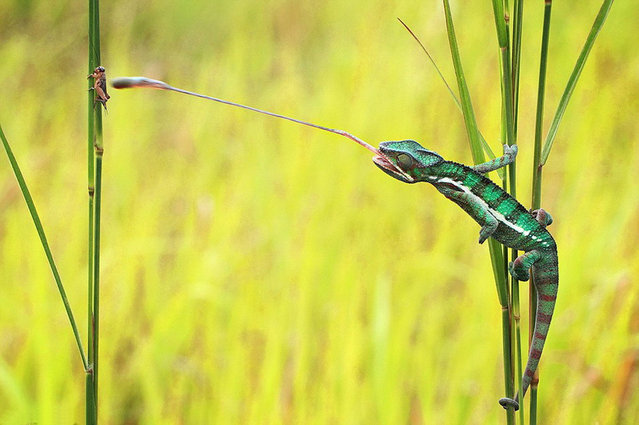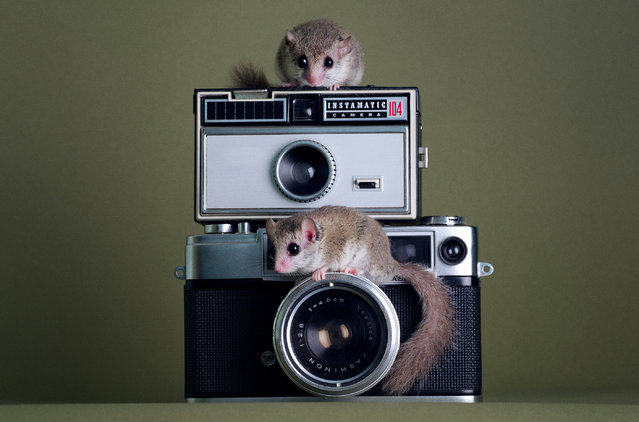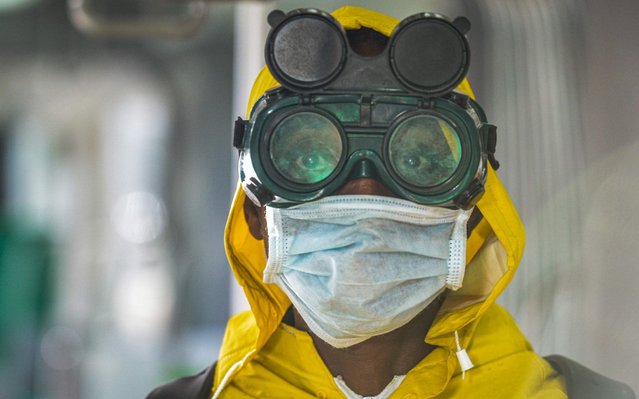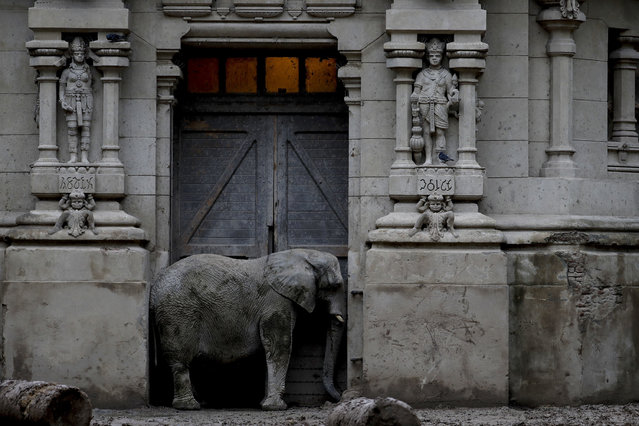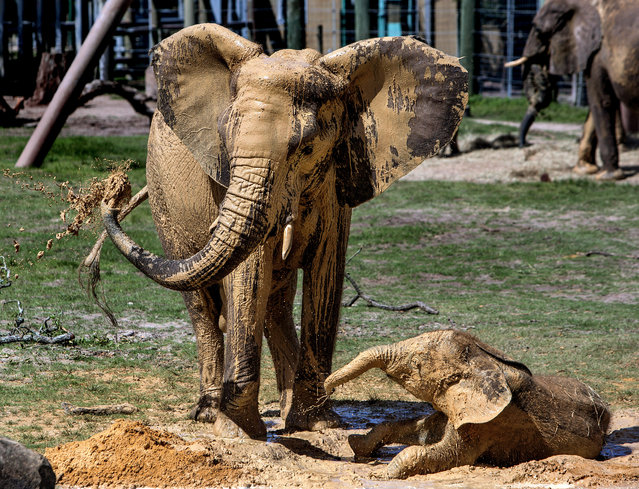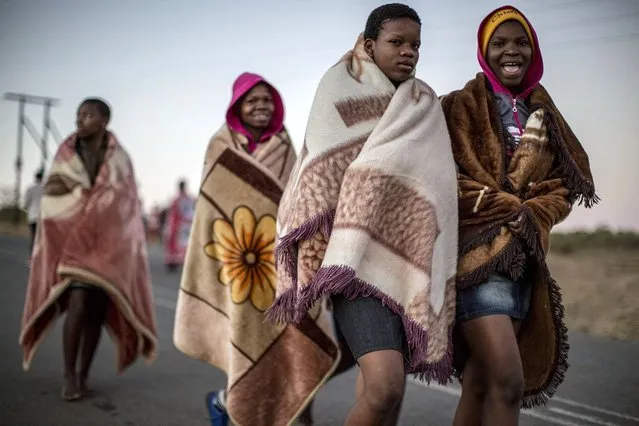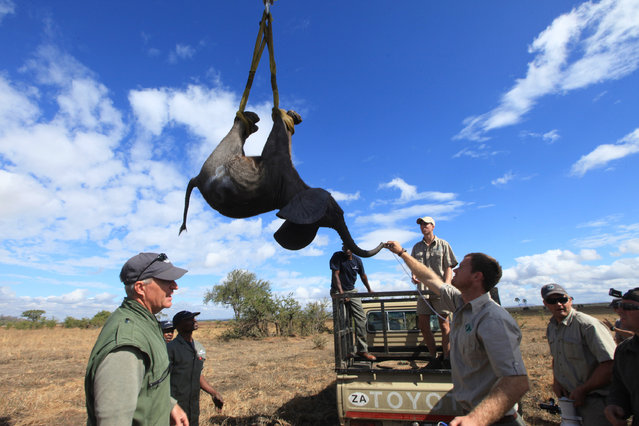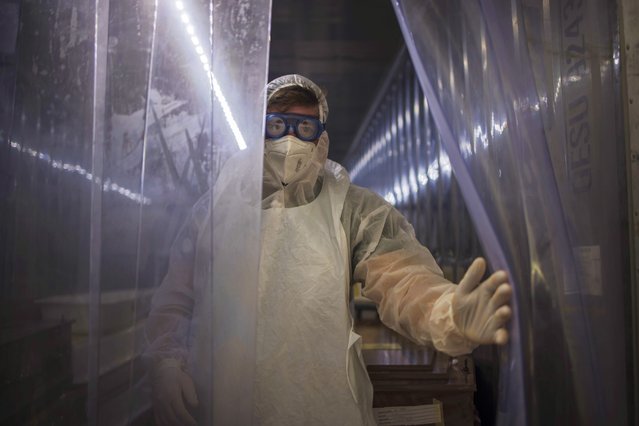
A morgue attendant at the Johannesburg branch of the South African funeral and burial services company Avbob keeps the curtain open from inside a refrigerated container where bodies of patients deceased with COVID-19 related illnesses are kept isolated ahead of their burials on January 22, 2021. (Photo by Marco Longari/AFP Photo)
23 Jan 2021 10:09:00,post received
0 comments

